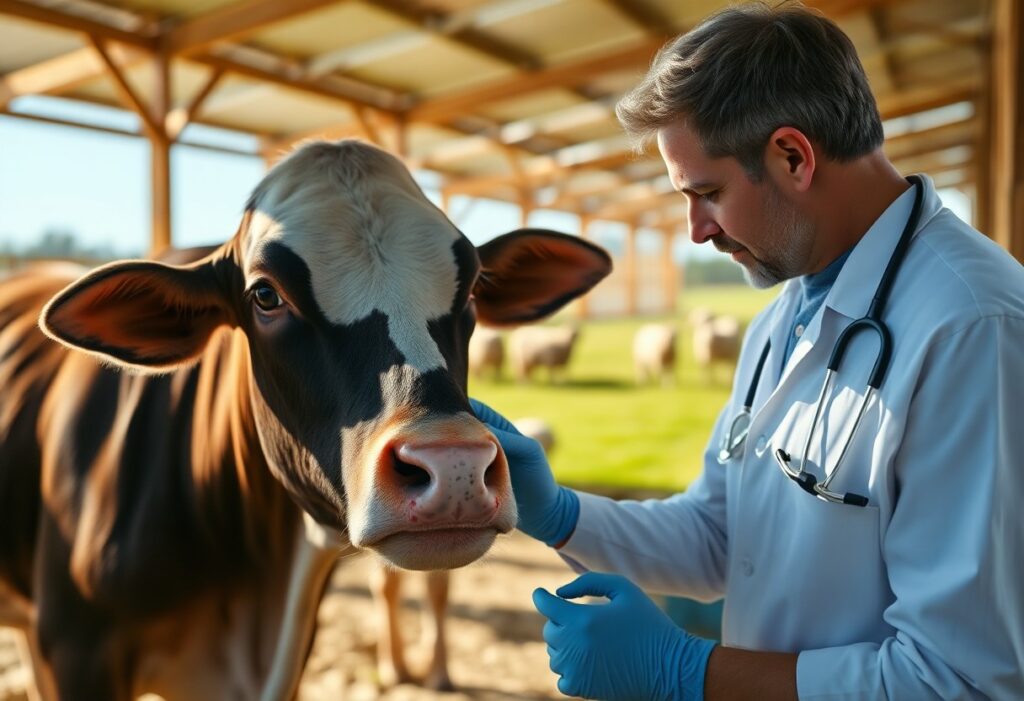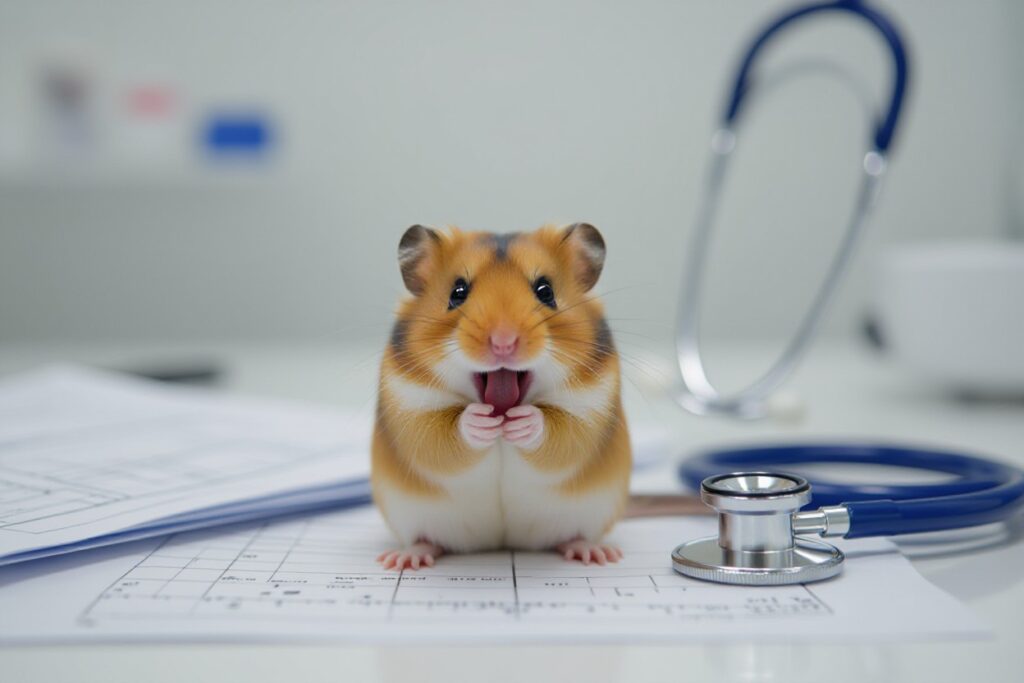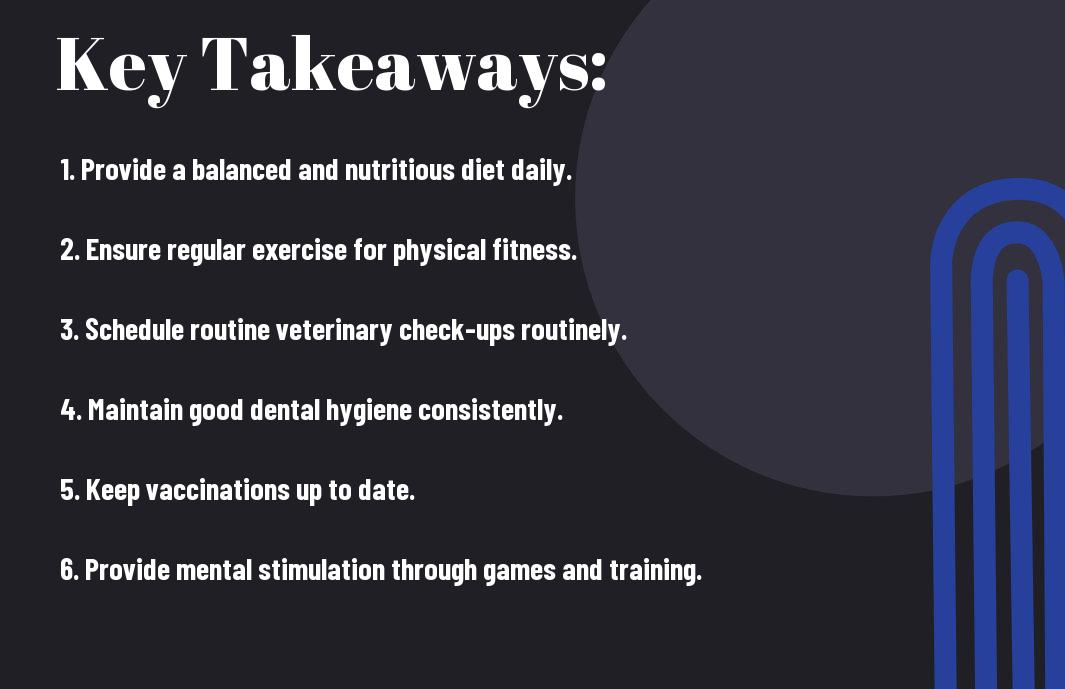This guide will help you identify common health issues in your farm animals, allowing you to take prompt action. Understanding the signs of illness can prevent serious health complications and enhance the overall well-being of your livestock.
First, observe your animals regularly. Pay attention to behavioral changes, as altered behavior can be a significant indicator of health issues. If you notice an animal that is more lethargic than usual or isolates itself from the herd, it may be unwell.
Next, check for any visible signs of disease. Make it a habit to examine your animals for symptoms such as coughing, sneezing, or nasal discharge, which can hint at respiratory infections. Skin conditions like lesions, swelling, or unusual spots can indicate infections or parasites.
Monitor appetite and water intake. A sudden decrease in food or water consumption can signify digestive problems or other underlying health concerns. Keep track of your animals’ eating habits, and consult a veterinarian if you notice any drastic changes.
Body condition is another key factor. You should evaluate your animals’ body condition scores (BCS). A low BCS may suggest malnutrition, while an unusually high BCS can indicate obesity, which comes with its own health risks. Maintaining an appropriate diet is vital for your livestock’s health.
Check for temperature. Normal temperature ranges vary by species, but generally, you can take rectal temperatures for accurate readings. If your animal has a fever (usually above 101.5°F), it may be an indication of infection or illness. Keep a thermometer on hand as part of your health monitoring toolkit.
Pay attention to your animals’ gait and mobility. Limping or difficulty moving can indicate injuries or conditions such as arthritis. If an animal is favoring a limb or showing reluctance to walk, you might need to examine it more closely or seek veterinary assistance.
Check for reproductive issues in breeding animals. Signs like irregular estrous cycles, failure to conceive, or abnormal discharge can indicate health problems that require intervention. Keeping detailed records of breeding cycles can also help you identify issues early on.
Lastly, maintain a consistent health program. Routine vaccinations and deworming reduce the risk of serious diseases and parasites. Collaborating with a veterinarian will ensure you are keeping up with the necessary health protocols for different species.
To sum up, by observing behavior, checking for visible symptoms, monitoring appetite, assessing body condition, taking temperature, observing gait, noting reproductive health, and maintaining health protocols, you can effectively recognize and address common health issues in your farm animals. Early detection and intervention are crucial for maintaining the health and productivity of your livestock.











